Amazon set a goal to reach 100% renewable energy by 2030 – it reached it seven years early
The tech giant has rapidly accelerated renewable energy investment in recent years

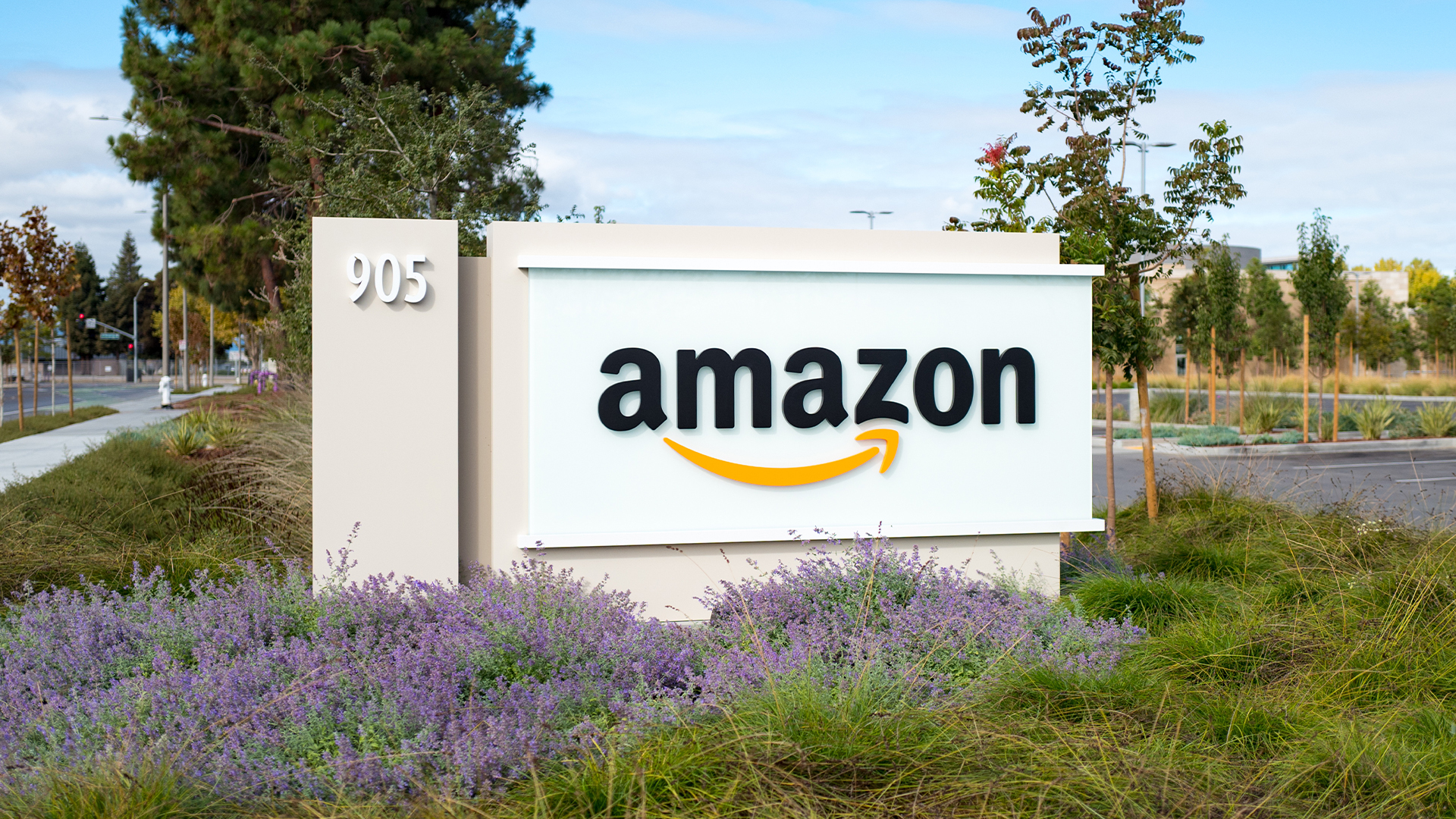
Amazon has announced it reached its 100% renewable energy goal seven years earlier than previously forecast in a major push toward more sustainable operations.
Figures from Amazon’s 2023 Global Sustainability Report show the tech giant has made significant progress in bolstering sustainability across global operations over the last five years.
In 2019, the company set a goal to match all electricity consumed across its operations by 2030. These plans included improving sustainability across data centers, corporate offices, fulfillment centers, and grocery stores.
As part of this initiative, the firm said it’s invested heavily to become the “largest corporate purchaser of renewable energy in the world” for four consecutive years.
The company has invested billions in more than 500 solar and wind projects worldwide, which it said are now capable of generating enough energy to power the equivalent of 21.9 million European homes.
Kara Hurst, chief sustainability officer at Amazon, said reaching the goal seven years earlier than anticipated marks an “incredible achievement”.
“We also know that this is just a moment in time, and our work to decarbonize our operations will not always be the same each year—we’ll continue to make progress, while also constantly evolving on our path to 2040,” Hurst said.
Sign up today and you will receive a free copy of our Future Focus 2025 report - the leading guidance on AI, cybersecurity and other IT challenges as per 700+ senior executives
“Our teams will remain ambitious, and continue to do what is right for our business, our customers, and the planet. That’s why we’ll continue investing in solar and wind projects, while also supporting other forms of carbon-free energy, like nuclear, battery storage, and emerging technologies that can help power our operations for decades to come.”
Amazon has ramped up renewable energy investment
Amazon is one of several major tech companies to ramp up investment in renewable energy sources in recent years. In a statement confirming it had reached its energy goals, Amazon said it’s supported renewable projects in 27 countries globally.
“We were the first corporation to enable utility-scale renewable energy projects in India, Greece, South Africa, Japan, and Indonesia, among other countries. To accomplish this, Amazon worked with policymakers to enable first-of-their-kind policies to help corporations support the construction of new solar and wind projects in these countries,” the company said.
In the UK, the company supports nearly 1.7 GW of capacity spanning six offshore wind farms, including Moray West off the coast of Scotland, and East Anglia Three off England’s east coast.
Renewable energy sources have also been incorporated into the company’s wider corporate footprint. For example, Amazon’s HQ2 headquarters in Virginia was built to run with zero carbon emissions, the company said. Its electricity consumption is also matched by a local solar farm.
RELATED WHITEPAPER
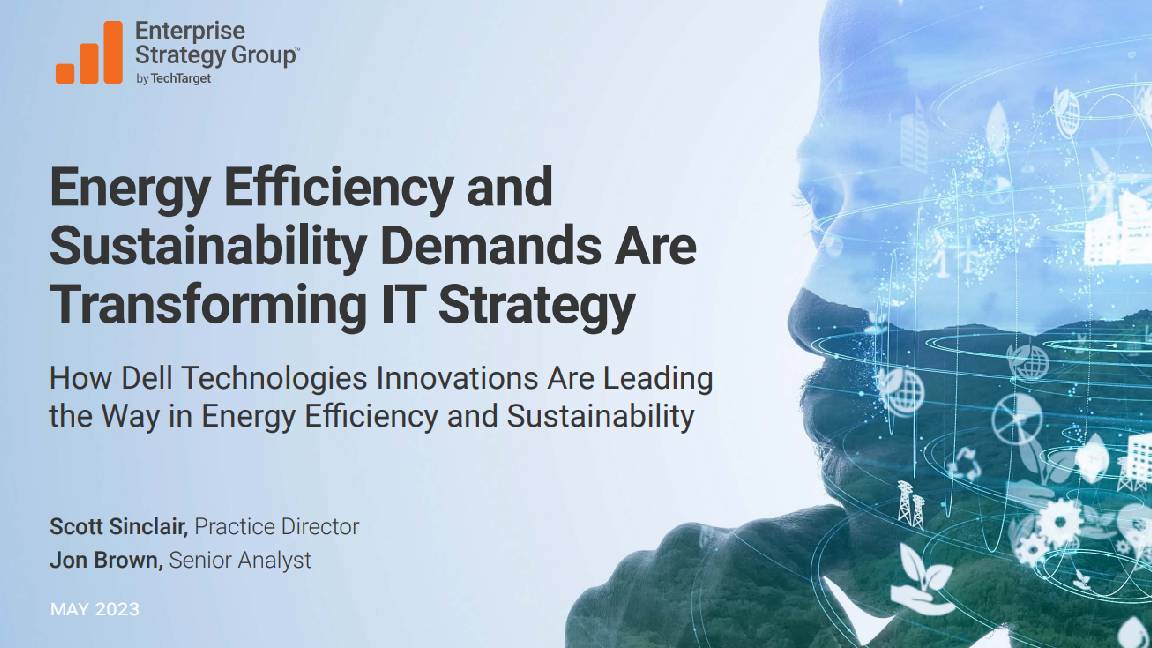
The emergence of generative AI and the associated strain on data center power consumption has further fueled investment in renewables and alternative energy sources.
Earlier this year, Amazon announced plans to acquire a nuclear-powered data center campus as part of a major deal with US-based electricity provider, Talen Energy.
The firm’s cloud subsidiary, Amazon Web Services (AWS), confirmed it will acquire the Cumulus data center complex, located next to the 2.5 gigawatt Susquehanna nuclear power station in Pennsylvania, as part of a $650 million deal.
The deal will see AWS gain access both to the data center facility along with the power infrastructure of the adjacent nuclear station.
Amazon isn’t alone in this pursuit, either. In May, Microsoft announced it had signed a major deal with Brookfield to secure sustainable energy for data center operations. BloombergNEF described the deal as the largest corporate agreement to purchase renewable energy to date.
The motivation behind this move was to keep pace with soaring power demands placed on data center infrastructure by generative AI.
As part of the deal, Microsoft committed to invest an estimated $10 billion in renewables projects to be developed by Brookfield. The hyperscaler said this will unlock a further 10.5 gigawatts of generating capacity between 2026 and 2030 in the US and Europe.

Ross Kelly is ITPro's News & Analysis Editor, responsible for leading the brand's news output and in-depth reporting on the latest stories from across the business technology landscape. Ross was previously a Staff Writer, during which time he developed a keen interest in cyber security, business leadership, and emerging technologies.
He graduated from Edinburgh Napier University in 2016 with a BA (Hons) in Journalism, and joined ITPro in 2022 after four years working in technology conference research.
For news pitches, you can contact Ross at ross.kelly@futurenet.com, or on Twitter and LinkedIn.
-
 Can enterprises transform through startup theory?
Can enterprises transform through startup theory?In-depth For big corporations, the flexibility, adaptability, and speed of a startup or scale-up is often the total opposite of what’s possible within their own operations
-
 AI is creating more software flaws – and they're getting worse
AI is creating more software flaws – and they're getting worseNews A CodeRabbit study compared pull requests with AI and without, finding AI is fast but highly error prone
-
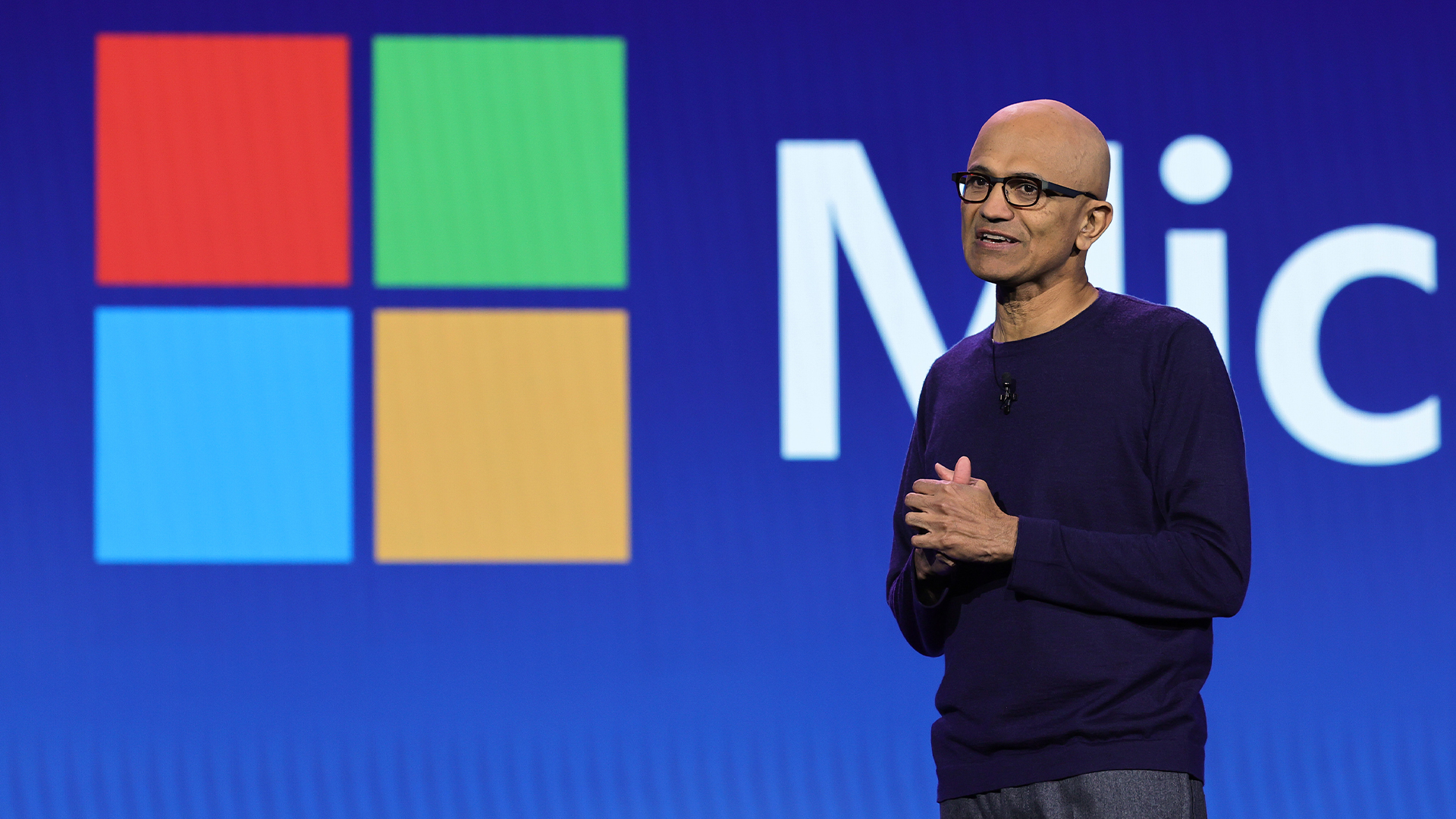 Microsoft’s huge AI spending still has investors sweating despite solid cloud growth
Microsoft’s huge AI spending still has investors sweating despite solid cloud growthNews Capital spending at Microsoft continues to surge, despite previous claims it would cool down
-
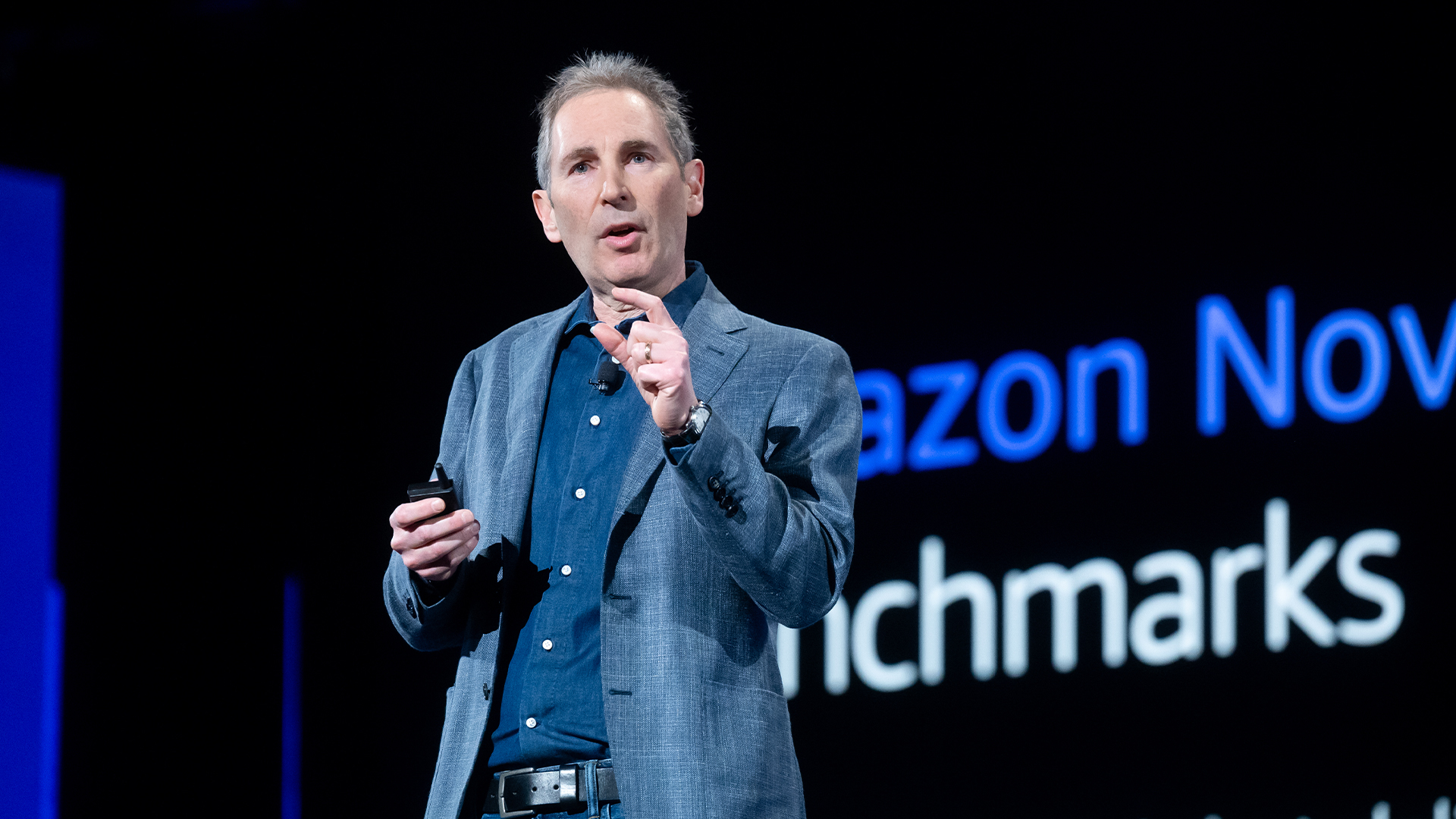 Amazon is cutting 14,000 roles in a bid to ‘operate like the world's largest startup’
Amazon is cutting 14,000 roles in a bid to ‘operate like the world's largest startup’News The layoffs at Amazon mark the latest in a string of cuts in recent years
-
 Pegasystems teams up with AWS to supercharge IT modernization
Pegasystems teams up with AWS to supercharge IT modernizationNews The duo aim to create deeper ties between the Blueprint, Bedrock, and Transform services
-
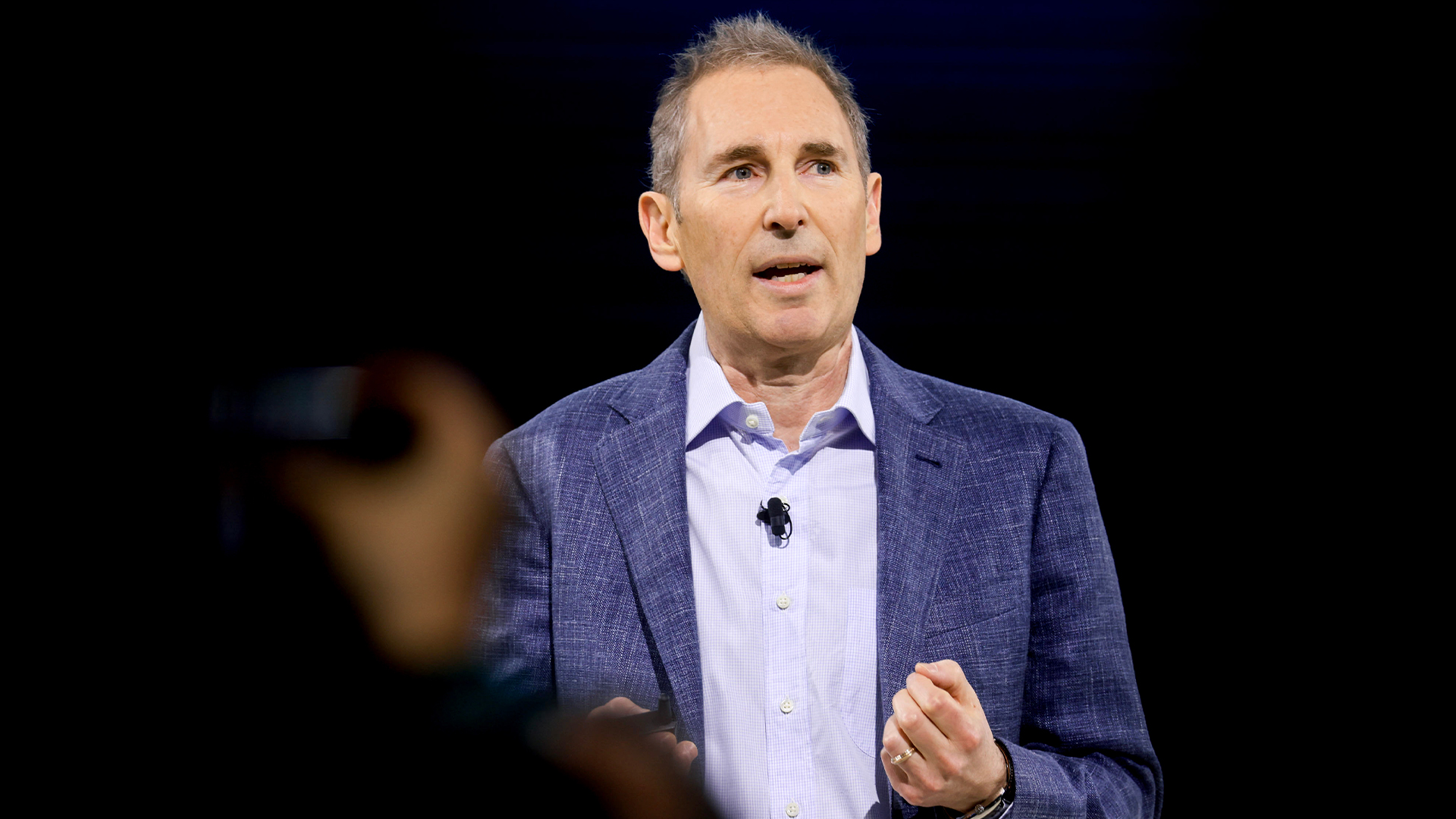 ‘Lean into it’: Amazon CEO Andy Jassy thinks enterprises need to embrace AI to avoid being left behind – even if that means fewer jobs in the future
‘Lean into it’: Amazon CEO Andy Jassy thinks enterprises need to embrace AI to avoid being left behind – even if that means fewer jobs in the futureNews Amazon CEO Andy Jassy thinks companies need to "lean into" AI and embrace the technology despite concerns over job losses.
-
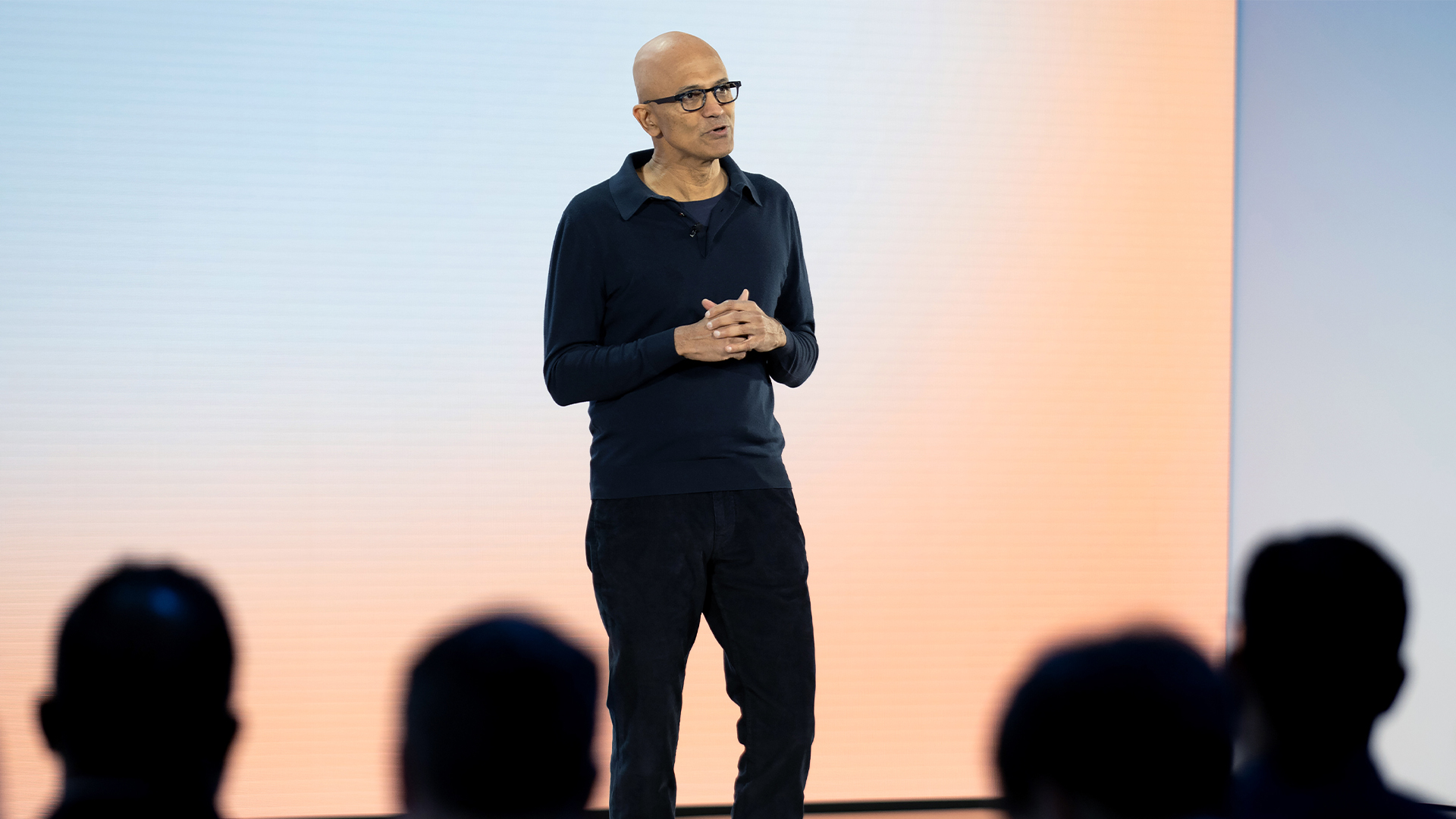 Microsoft workers face a fresh round of layoffs – here’s who could be impacted
Microsoft workers face a fresh round of layoffs – here’s who could be impactedNews Microsoft will cut 6% of its workforce, equivalent to around 6,000 workers, as part of its latest cost-cutting drive.
-
 ‘If you want to look like a flesh-bound chatbot, then by all means use an AI teleprompter’: Amazon banned candidates from using AI tools during interviews – here’s why you should never use them to secure a job
‘If you want to look like a flesh-bound chatbot, then by all means use an AI teleprompter’: Amazon banned candidates from using AI tools during interviews – here’s why you should never use them to secure a jobNews Amazon has banned the use of AI tools during the interview process – and it’s not the only major firm cracking down on the trend.
-
 ‘Europe could do it, but it's chosen not to do it’: Eric Schmidt thinks EU regulation will stifle AI innovation – but Britain has a huge opportunity
‘Europe could do it, but it's chosen not to do it’: Eric Schmidt thinks EU regulation will stifle AI innovation – but Britain has a huge opportunityNews Former Google CEO Eric Schmidt believes EU AI regulation is hampering innovation in the region and placing enterprises at a disadvantage.
-
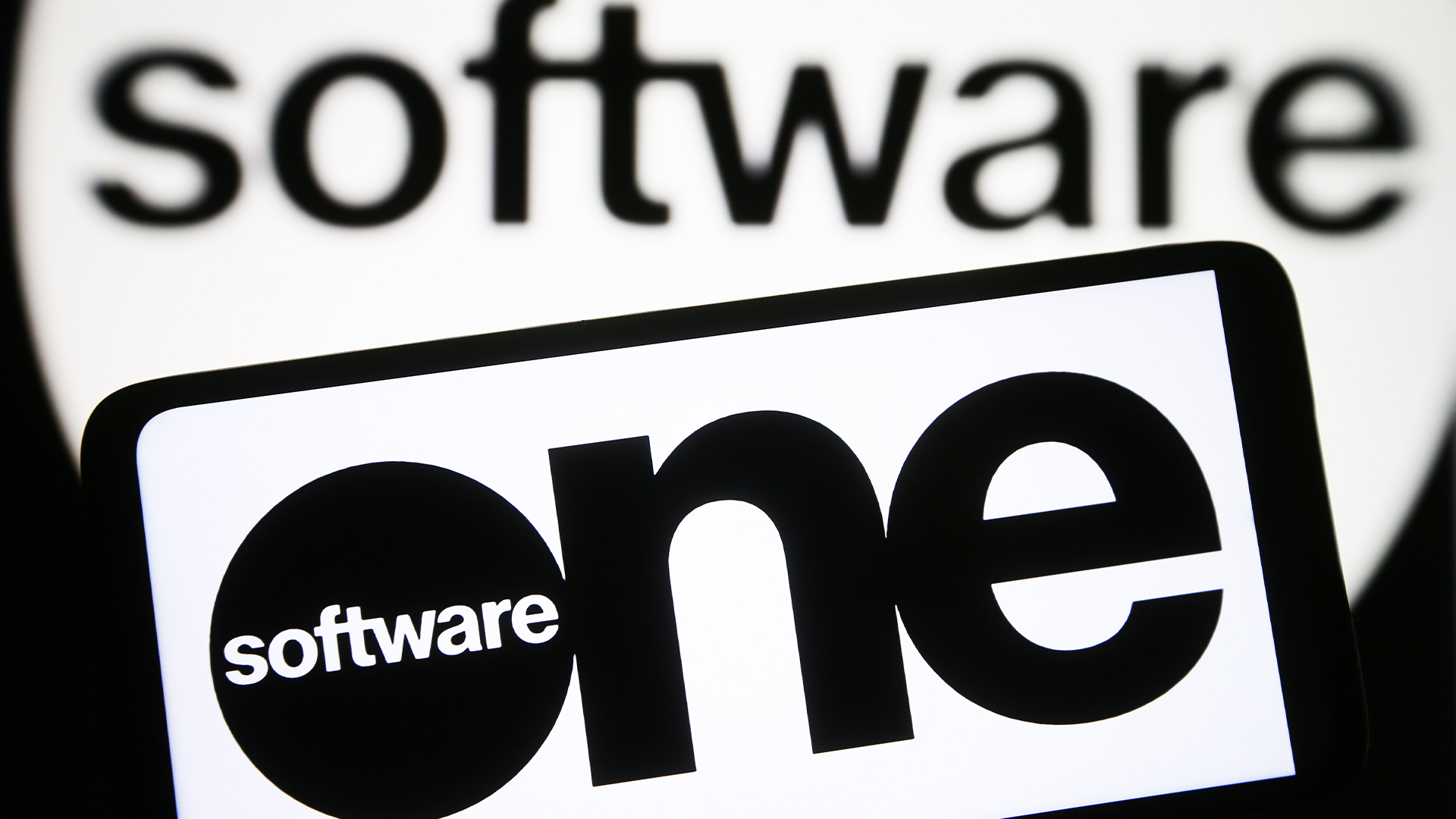 SoftwareOne to acquire Crayon in $1.4 billion merger deal
SoftwareOne to acquire Crayon in $1.4 billion merger dealNews The merged firm will be 'uniquely positioned' to capitalize on a $150 billion market